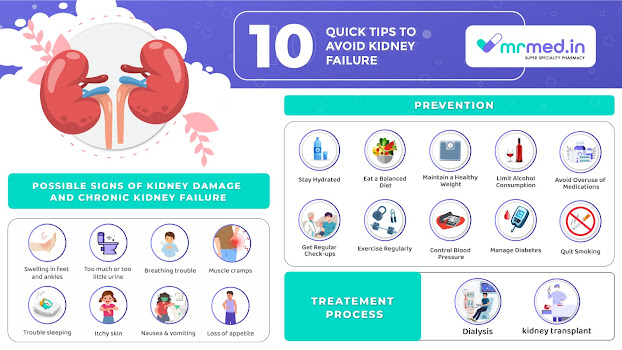Preventing HPV: Shielding Lives Through Vaccination
Did you know that there's a powerful weapon available to protect against the human papillomavirus (HPV)? It's none other than the HPV vaccine, a remarkable medical breakthrough that plays a crucial role in preventing HPV-related diseases and saving lives. HPV is one of the most common sexually transmitted infections worldwide, affecting both men and women. It's responsible for various health complications, including cervical, vaginal, and vulvar cancers in women, as well as penile and anal cancers in men. Additionally, HPV can lead to oropharyngeal (throat) cancers in both sexes. Gardasil 9 Injection consists of the active constituent Human Papilloma Virus vaccine. It is recommended to shield your body from illnesses and infections brought on by human papillomavirus types 6, 11, 16, and 18. These viral types produce genital warts in both sexes as well as precancerous lesions in the female genital regions (cervix, vulva, and vagina). About 70–80% of cases of cervical and ...

